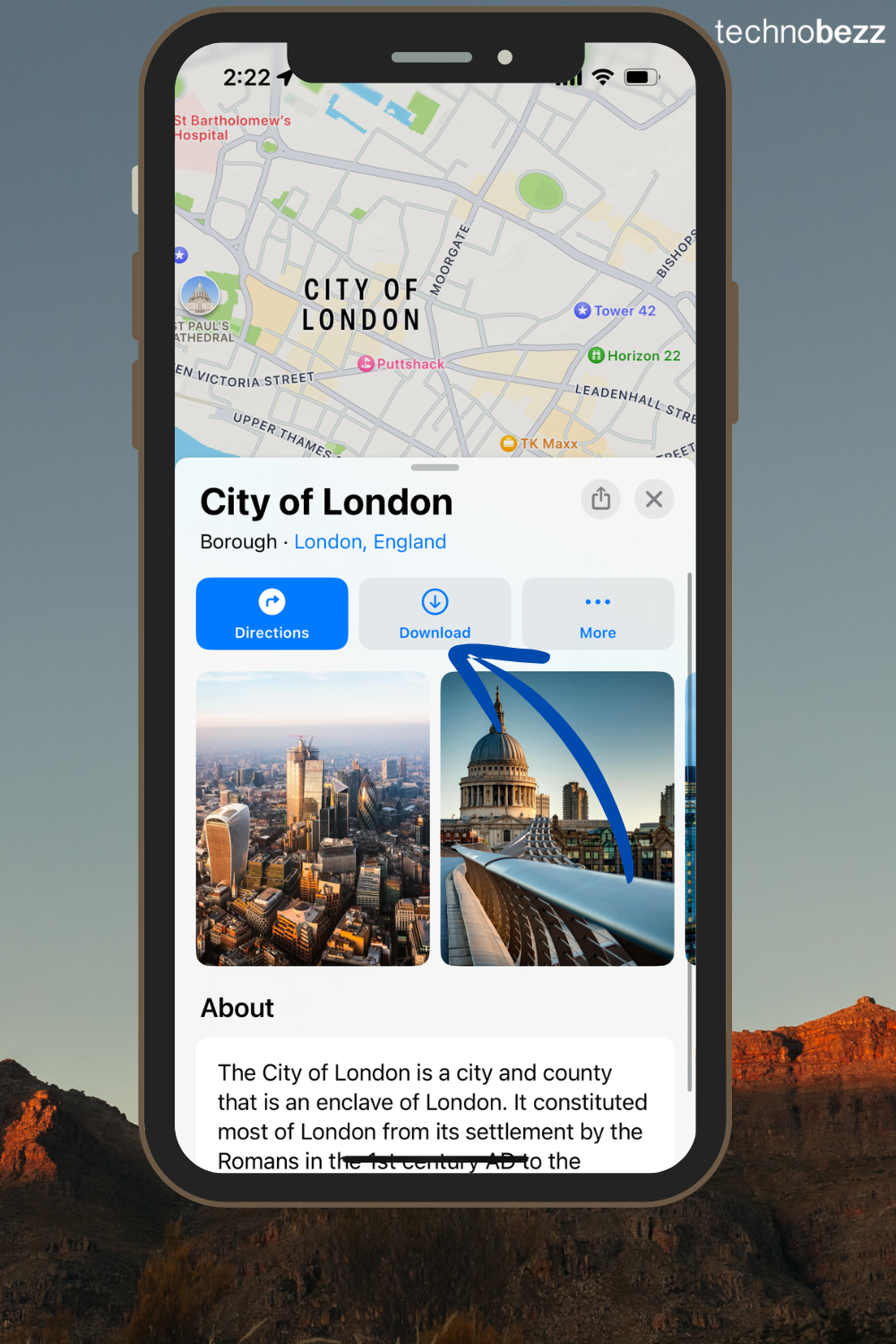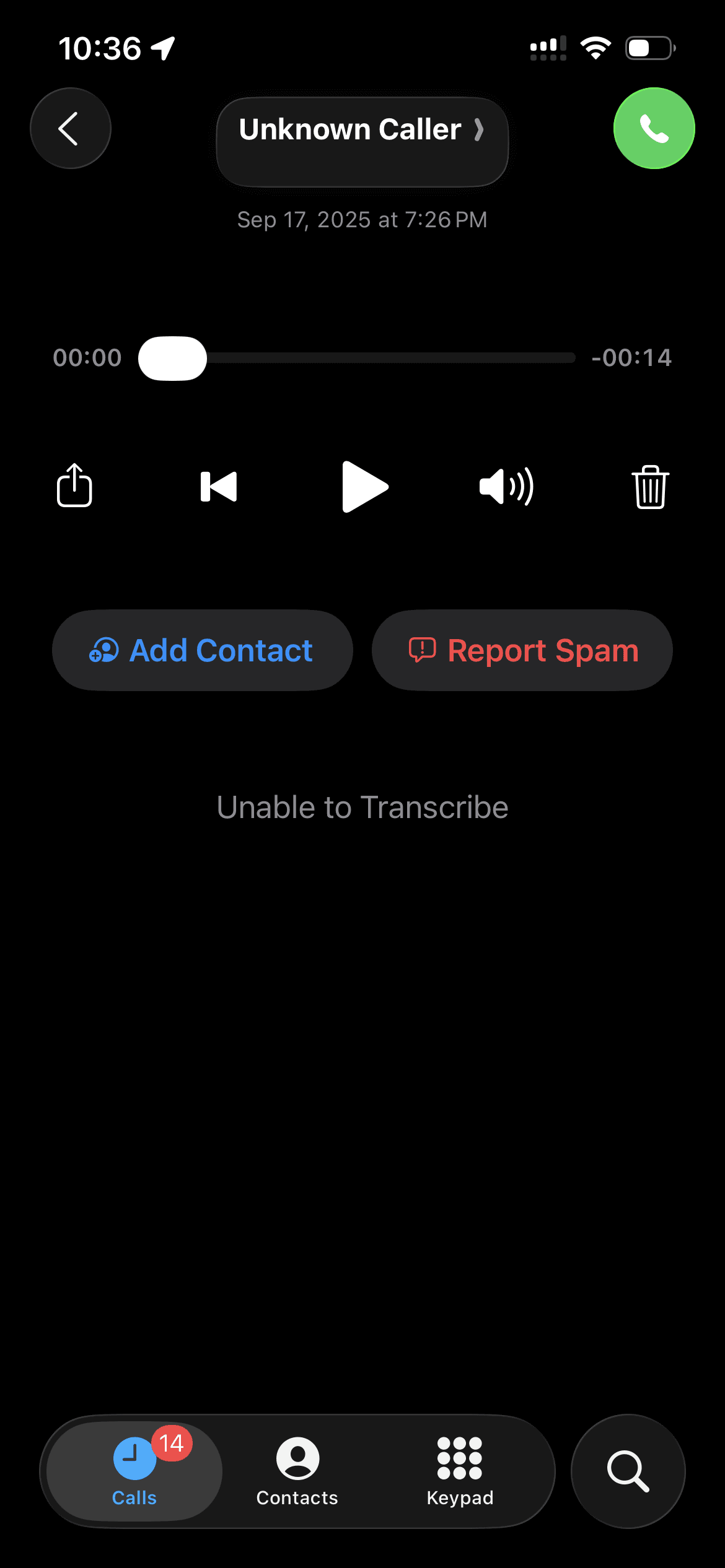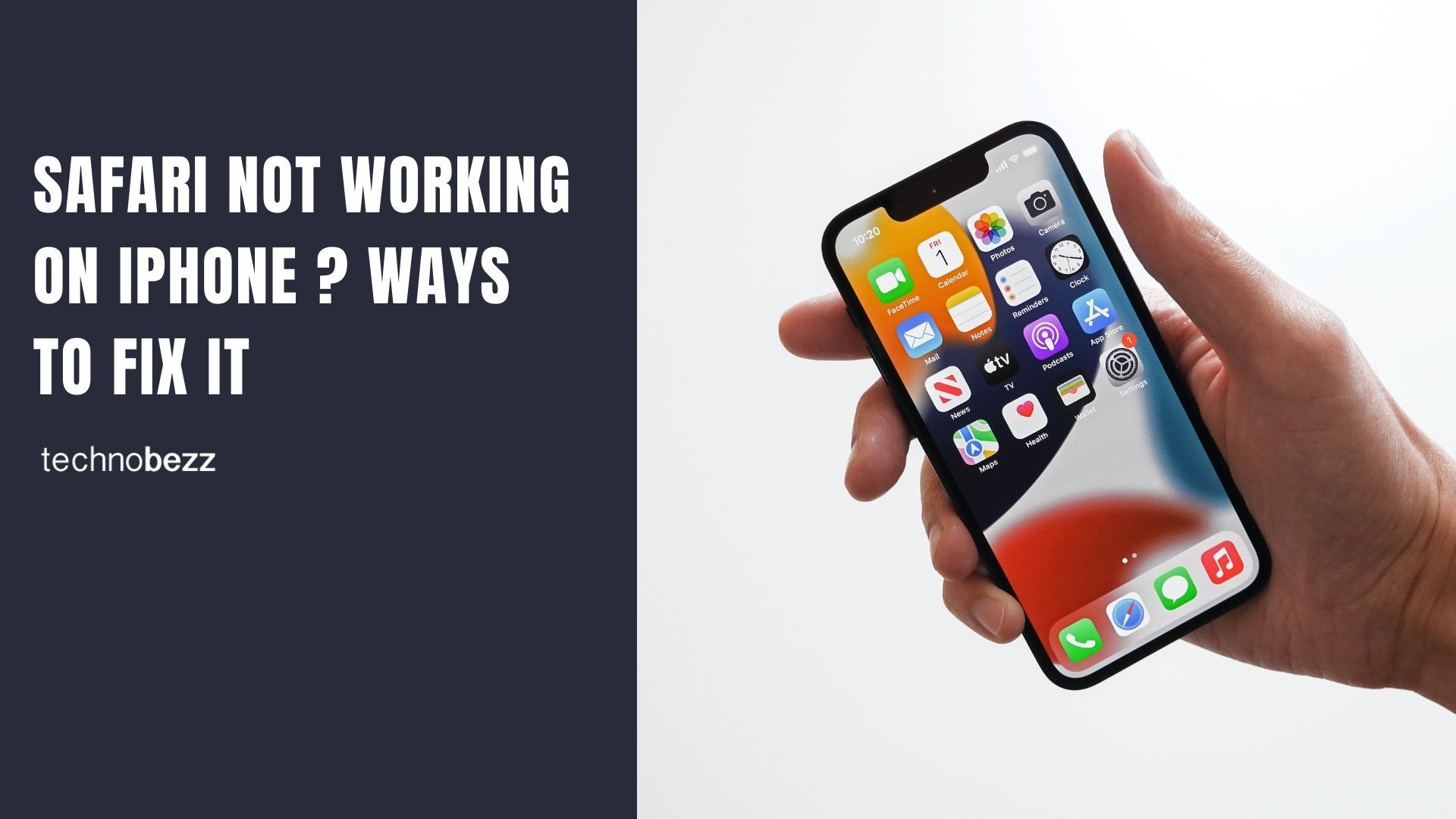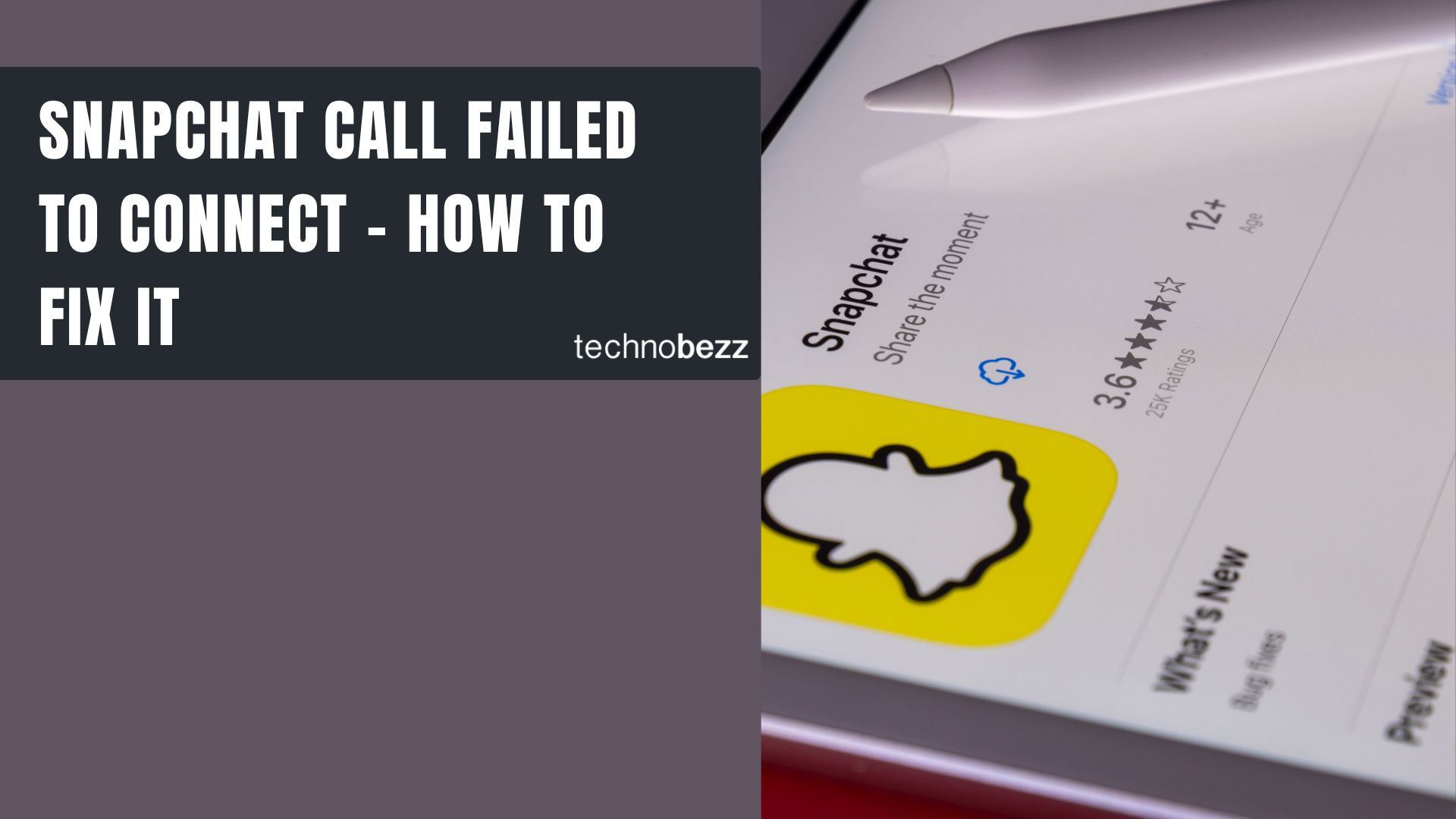Your Android phone holds your most personal information - from photos and messages to banking details and location data. While losing your phone is bad enough, hackers don't need physical access to compromise your digital life.
Warning Signs Your Android Might Be Compromised

Read more - Why Your iPhone Is Lagging and How to Fix It Fast
Watch for these red flags that could indicate your device has been hacked:
- Rapid battery drain: Malware and spyware work in the background, consuming extra power and causing your battery to drain much faster than normal
- Suspicious pop-ups: Fake security warnings or ads that appear to be system messages but are actually malware
- Unknown apps: Applications you don't remember installing appearing in your app list
- Unexpected texts or calls: Outgoing messages or calls you didn't make showing up in your history
- Spike in data usage: Unusually high data bills from malware transmitting your information to hackers
- Changed browser homepage: Your browser redirecting to unfamiliar websites you didn't set
- Sluggish performance: Your device running slowly or freezing unexpectedly
- Random reboots or shutdowns: The phone turning off or restarting without your input
- Strange call sounds: Echoes, clicks, or background noises during phone conversations
- Account activity: Unrecognized actions on your social media, email, or other linked accounts
- Security alerts: Notifications about login attempts or account changes you didn't make
- Modified settings: Unauthorized changes to your device or app configurations
Read more - Why Your Samsung Galaxy Battery Drains Fast and How to Fix It
What to Do If Your Android Is Hacked

If you suspect your phone has been compromised, take these immediate steps:
- 1.Install security software: Download a reputable antivirus or anti-malware app. Look for options with full spyware detection capabilities and run a full system scan
- 2.Remove suspicious apps: Go to Settings > Apps and uninstall any applications you don't recognize or that seem suspicious
- 3.Update your software: Check for Android system updates and app updates. Security patches often fix vulnerabilities that hackers exploit
- 4.Change your passwords: Update passwords for all important accounts accessed from your phone, including email, banking, and social media. Enable two-factor authentication where available
- 5.Disconnect from the internet: Temporarily turn off both Wi-Fi and mobile data to prevent further data transmission to malicious actors
- 6.Review app permissions: Check which permissions each app has and revoke any that seem unnecessary, especially for apps handling sensitive information
- 7.Contact financial institutions: If you suspect financial information was compromised, notify your bank and credit card companies to monitor for unusual activity
- 8.Backup clean data: Before taking more drastic measures, backup important files, contacts, and photos that you know are safe
- 9.Consider professional help: If the problem persists, consult with a cybersecurity expert who can provide specialized assistance
- 10.Factory reset as last resort: If all else fails, perform a factory reset to completely wipe your device. This removes all malware but also deletes all your data, so ensure you have proper backups first
Staying vigilant about these warning signs and knowing how to respond can help protect your Android device from security threats. Regular security scans and cautious app installation habits are your best defense against mobile hacking.














